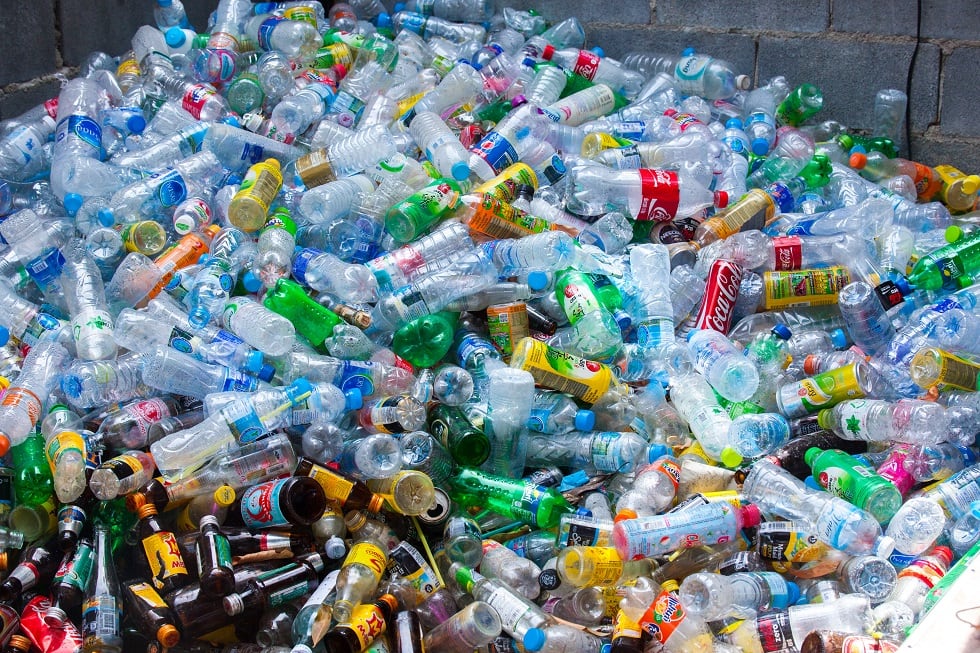Under the global food giant’s Performance with Purpose initiative, all its packaging will be recoverable and recyclable by 2025.
Working with government and partners
Ahmed El Sheikh, president and CEO of PepsiCo India, said the company has been working with local government and partners to enhance plastic waste management for years.
“We worked closely with the Central Pollution Control Board to develop and successfully implement two pilot projects across 19 cities for collection, segregation and recycling of post-consumer multi-layered packaging waste,” he said.
“Specifically, through our pilot in Gujarat [a state in western India] with Nepra [a waste management company], PepsiCo recovered and recycled plastic waste equivalent to 100% of the multi-layered packaging waste generated by our snack products in the state,” added Sheikh.
PepsiCo India noted the packaging, which is currently being developed by new technologies, will also be 100% compostable.
“We’re delighted that India will be among the first countries to pilot this sustainable packaging,” it said.
However, the company didn’t mention what future markets or brands will adopt similar sustainable packaging.
Plastic waste globally between 1950 and 2017

According to Statista data, there has been about 8.3 billion metric tons of plastic produced since 1950 globally, and only 9% has been recycled.
Industry efforts on sustainable packaging
PepsiCo is not the first and only major CPG company to have pledged to convert its packaging to a sustainable version.
Last year, Mars, Coca-Cola and Unilever alongside PepsiCo participated in the Ellen MacArthur Foundation’s (a British charity aiming to build a circular economy) New Plastic Economy initiative, and vowed to use 100% reusable, recyclable and compostable packaging by 2025 at the latest.
In 2015, Mars launched its first project to make flexible plastic films for Snicker bars using potato waste material. The wrapper underwent a five-month pilot in Germany, France and the Netherlands last year after being tested and receiving funding from the EU, according to this site’s sister publication, ConfectioneryNews.
In Hershey’s latest corporate social responsibility report, the company said it had minimized its packaging waste by 18.5 million pounds (or 74%) in 2017 against its target of 25 million pounds by 2025.
However, “it can be hard to maintain our reductions [as] customer demand for new packaging increased this year,” said Amplify Snacks’ owner. “While the packaging itself is recyclable, it still has an impact on both our waste figures and our environmental impact.
“We look forward to pursuing new waste-reduction initiatives in 2018,” added Hershey.
Kellogg also noted that, last year, 71% of its packaging material came from recycled content in 2017, while the remainder was from verified sustainable sources.
“One way we are realizing our goals is by working with vendor partners to reduce materials usage,” said the cereal maker.
“We recently reduced weight of our US cereal liners by 17%. As a result, we’ve eliminated 87,000 kilograms of polymer from the waste stream… We also follow strict standards to ensure that we do not have excess space in our packaging,” said Kellogg.
